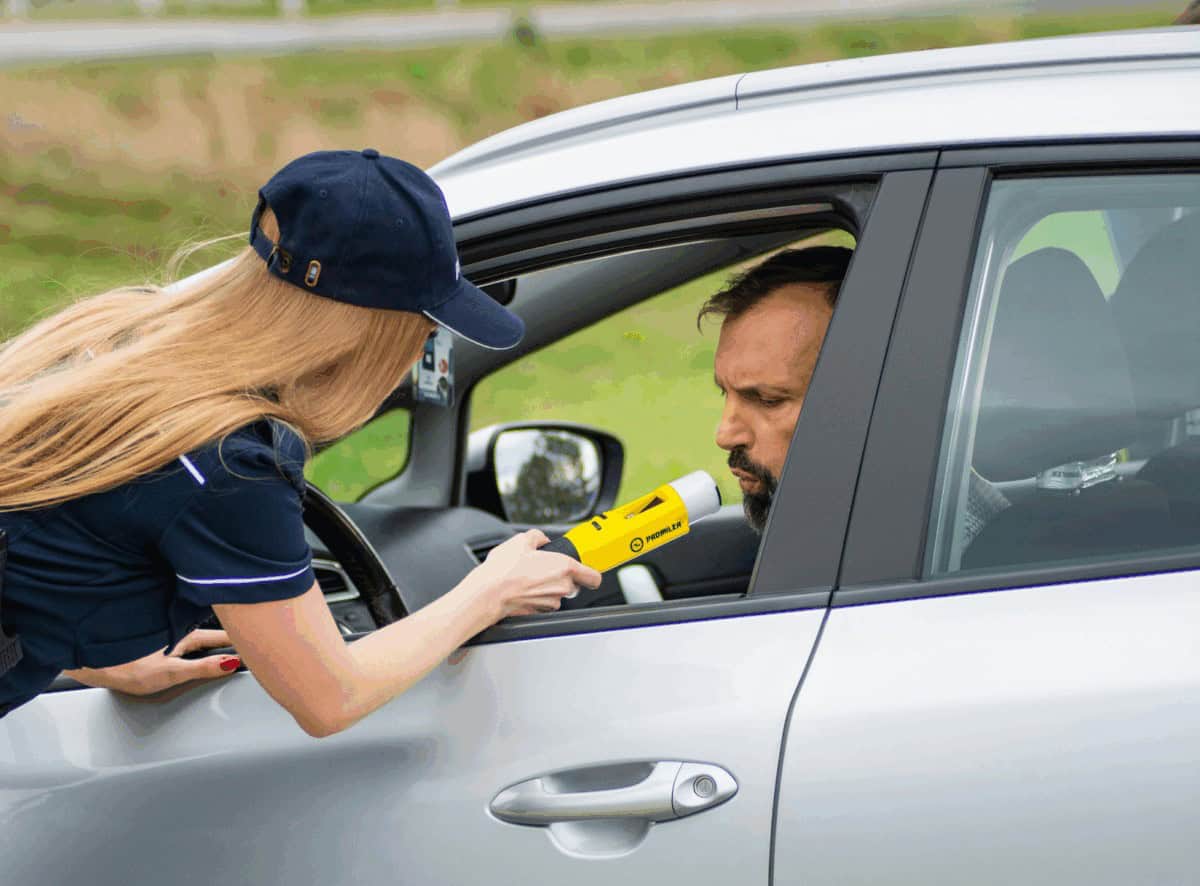
You’ve been in a DUI accident in Florida and are trying to figure out what your settlement will look like? Trust me, I get it. The consequences following a DUI crash feel overwhelming because you face injuries and vehicle repairs, negotiations with insurance companies and an overwhelming amount of medical expenses.
And the worst part?
The process of obtaining DUI accident settlements in Florida presents intricate challenges and unpredictable results.
This article explains which factors determine your settlement value while exploring Florida law’s influence on your case and the necessary steps to ensure you receive maximum compensation. Whether you’re considering hiring a drunk driving accident lawyer or handling things yourself, understanding these key factors is critical to your financial recovery.
What You’ll Discover
- Florida DUI Accident Statistics and Their Impact
- Understanding Florida DUI Liability Laws
- Key Factors That Determine Settlement Amounts
- Types of Damages You Can Recover
- Steps to Maximize Your Settlement
Florida DUI Accident Statistics: The Hard Truth
The statistics reveal Florida’s serious drinking and driving issue. In 2021 Florida experienced 5,111 alcohol-confirmed crashes across the state with 369 deadly alcohol-confirmed crashes as well as thousands of injuries.
The situation grows more troubling since recent years show an increase in DUI crashes despite a reduction in DUI-related deaths. Sarasota, Lakeland, Jacksonville, St. Petersburg, and Pensacola lead the list of cities with the highest number of DUI arrests.
Understanding Florida’s DUI Liability Laws
Florida handles DUI accidents through distinct legal procedures when compared to regular car accident cases. Here’s what makes these cases unique:
No-Fault Insurance Doesn’t Fully Apply
Florida operates as a no-fault state for standard vehicle collisions but DUI incidents surpass these rules. Victims of DUI accidents in Florida can bypass the state’s no-fault system because these incidents usually reach the serious injury threshold required to claim full damages.
Comparative Negligence Rules
Florida follows a modified comparative negligence system. Your ability to recover damages remains intact even when you share fault in the accident but your compensation gets reduced according to your fault percentage.
In a situation where your case is valued at $100,000 but you hold 20% responsibility for the accident you would receive $80,000.
Criminal vs. Civil Proceedings
DUI cases involve two separate legal tracks:
- The state initiates criminal prosecution to penalize the driver operating under the influence.
- Civil litigation – where you seek financial compensation
When someone wins a criminal conviction their civil case benefits from strong evidentiary support which simplifies liability proof and may lead to higher settlement amounts.
Key Factors That Determine Your Settlement Value
Florida DUI accident settlements show significant variation in their value amounts. Settlements can reach above $1.7 million for severe injuries although many cases settle within the $25,000 to $500,000 range.
What makes such a huge difference? Let’s break down the key factors:
Severity of Injuries
How severe your injuries are serves as the most crucial determinant of your settlement value. The most substantial settlements usually result from cases with traumatic brain injuries and spinal cord damage along with permanent disabilities and disfigurement or fatal injuries. Severe injury cases in Florida car accidents usually settle for amounts between $300,000 and more than $6.1 million.
Economic Damages
These are your quantifiable financial losses:
- Medical expenses (current and future)
- Lost wages and earning capacity
- Property damage
- Rehabilitation costs
The extent and duration of financial losses will directly increase your settlement potential.
Non-Economic Damages
The significant portion of DUI settlements typically includes damages that cannot be easily measured in monetary terms.
- Pain and suffering
- Emotional distress
- Loss of enjoyment of life
- Loss of consortium
Punitive Damages
DUI crashes often lead to punitive damages which serve to fine and penalize drunk drivers for their dangerous conduct beyond standard accident compensation. These elements can significantly raise your total settlement figure.
Insurance Coverage Limits
Your settlement amount usually hits a limit based on the drunk driver’s insurance policy unless the driver possesses significant personal assets or multiple parties share liability or your policy includes strong underinsured motorist coverage.
Types of Damages You Can Recover
Evaluating settlement offers requires a clear understanding of the available damage types.
Compensatory Damages
Compensatory damages exist to restore your financial state to what it was before the injury.
Economic damages provide compensation for financial losses which include medical expenses, lost wages, property destruction and direct expenses.
Non-economic damages provide compensation for intangible losses including physical pain and suffering and emotional trauma as well as loss of life enjoyment and permanent disability.
Punitive Damages
The purpose of these additional damages extends beyond your compensation because they serve to punish the drunk driver and prevent similar future actions. Florida awards punitive damages for DUI cases when drivers show extreme recklessness.
Most DUI settlements end up much larger than standard car accident settlements because punitive damages are available. Punitive damages in Florida must not exceed three times the compensatory damages while maintaining a minimum threshold of $500,000.
Steps to Maximize Your Settlement Value
Achieve the maximum settlement possible for your Florida DUI accident case by following these steps.
1. Preserve Evidence Immediately
- Get police reports and BAC test results
- Gather witness contact information
- Capture photographs of the injuries sustained along with vehicle damage and the entire scene of the accident.
- Keep all medical records and receipts
2. Seek Comprehensive Medical Treatment
- Get evaluated even for seemingly minor injuries
- Follow all doctor recommendations
- Document your recovery process
- Create a written record of your pain levels and functional limitations.
3. Calculate ALL Your Damages
The value of your claim depends on current and future medical costs along with lost wages and property damage as well as non-economic damages such as pain and suffering.
4. Be Strategic With Insurance Companies
Avoid recorded statements without legal advice and don’t accept early settlement offers or sign releases without attorney review.
5. Consider Expert Witnesses
Specialists in medical practice, economics, and accident reconstruction can fortify your legal case and demonstrate your complete damages.
When to Settle vs. When to Go to Trial
The majority of Florida DUI accident cases reach settlements before going to trial which makes it essential to decide when to accept an offer or continue with litigation.
Consider Settlement When:
You should accept the settlement when it fully covers your damages because liability may be shared, immediate financial relief is required, or you want to avoid trial stress.
Consider Trial When:
Your case should go to trial when settlement offers fail to match your case value and negotiations with the insurance company lack integrity.
The settlement ranges vary dramatically. Florida DUI accident settlements usually range between $25,000 and $500,000 but cases with serious injuries and fatalities often surpass $1.7 million in value.
The Bottom Line on Florida DUI Settlements
The final settlement amount of Florida DUI accidents depends on various factors including the extent of injuries and insurance policy details. You must understand these elements when you handle your own legal claim or when you work with a lawyer as your representative.
Each DUI accident case presents its own set of individual circumstances. The numbers and settlement ranges presented here function as guidelines but should not be mistaken for definite outcomes. Your legal representation along with the quality of your evidence and specific case circumstances will determine your final settlement amount.
The most important takeaway? Don’t rush the process. Victims receive pressure from insurance companies to accept fast settlements which significantly diminish the value of their claims. Dedicate time to learn all about your damages and seek advice from experienced legal professionals before making decisions about any settlement offers.




